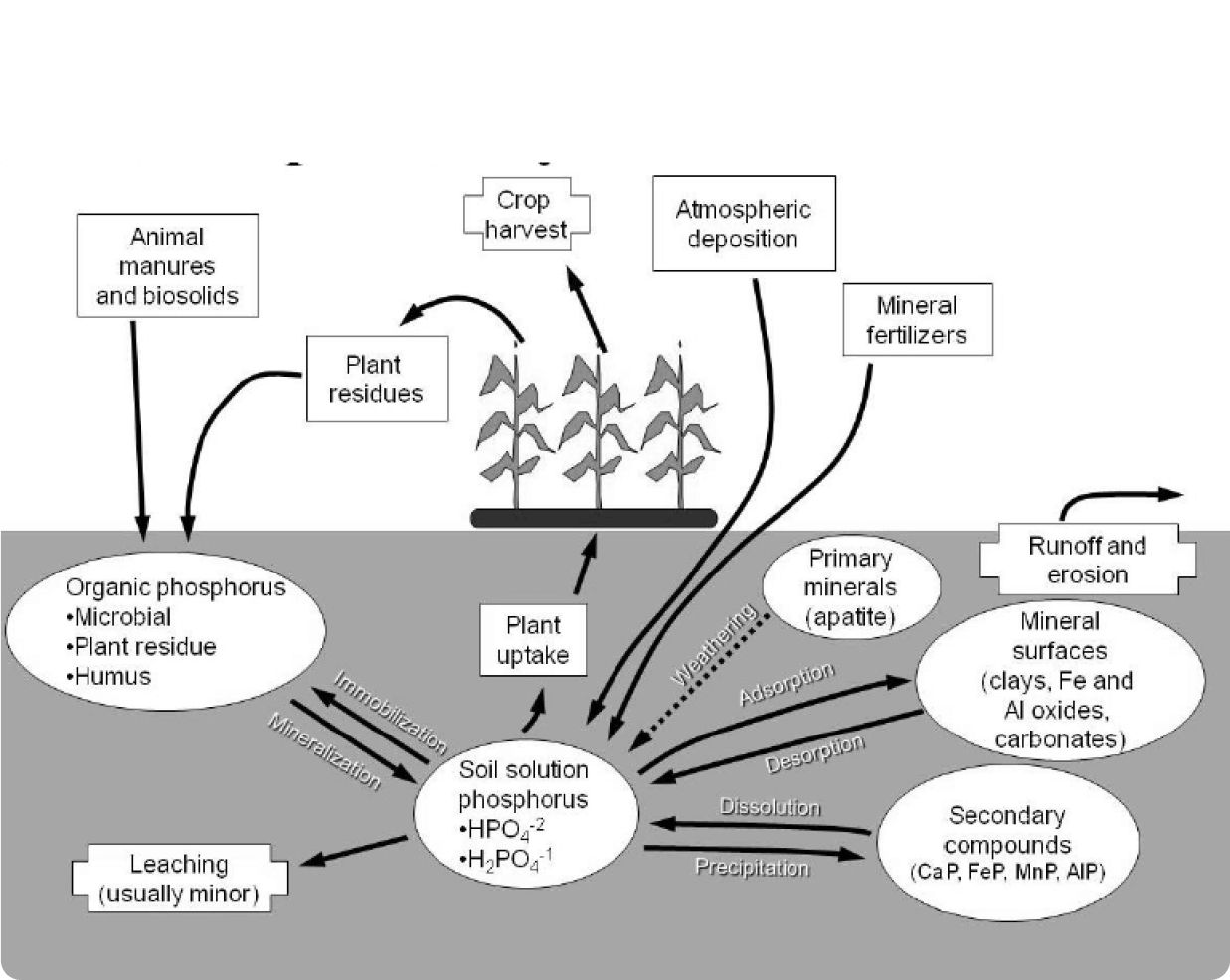Benefits
Liquid fertilizer can save the farmer a lot of time. It reduces the time that equipment is left standing on the field and also allows for faster application. Fertilizer application can even continue during light rain. Calibration of liquid equipment is simple, more accurate than granular and can be done quickly.
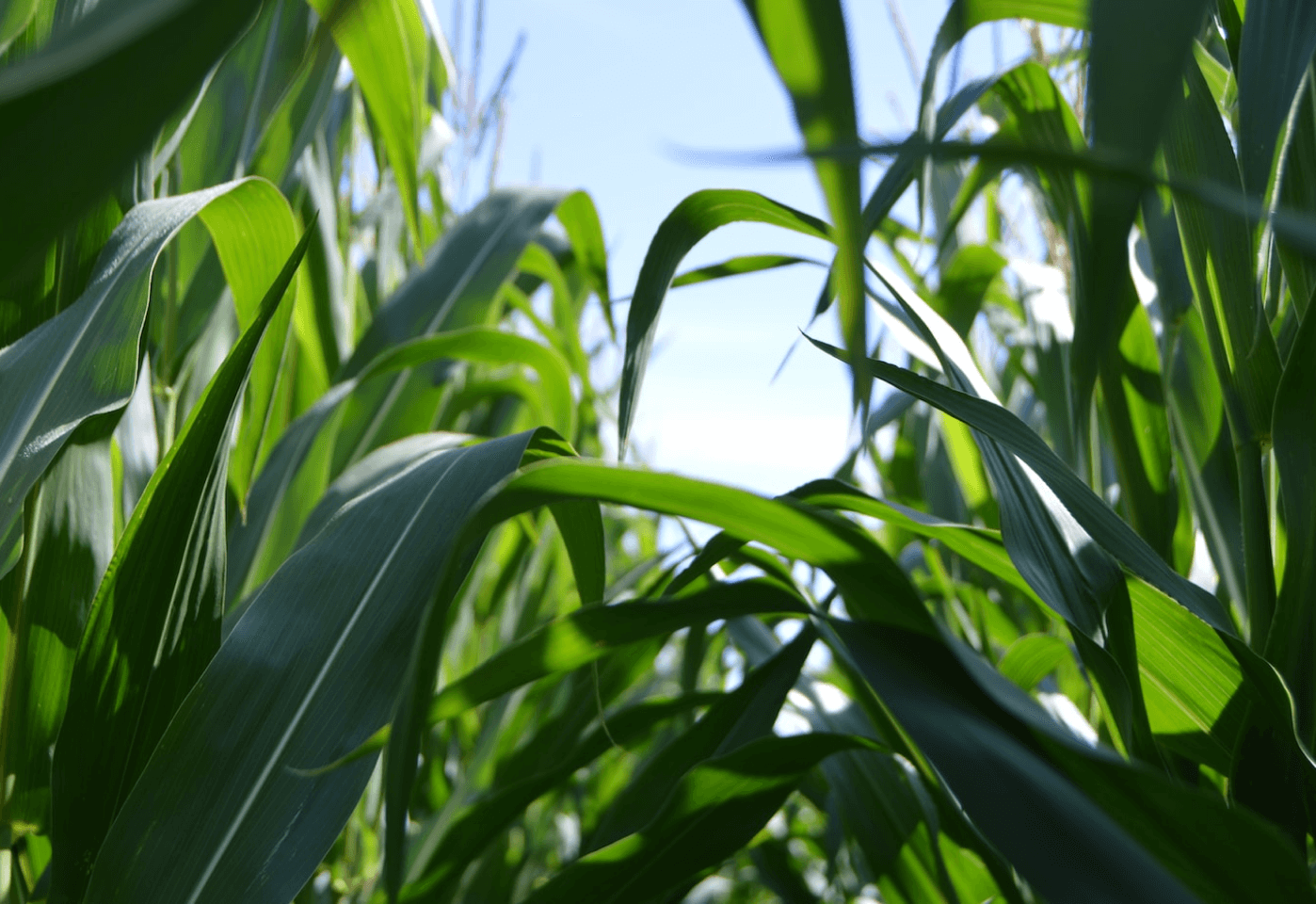
Home > Benefits
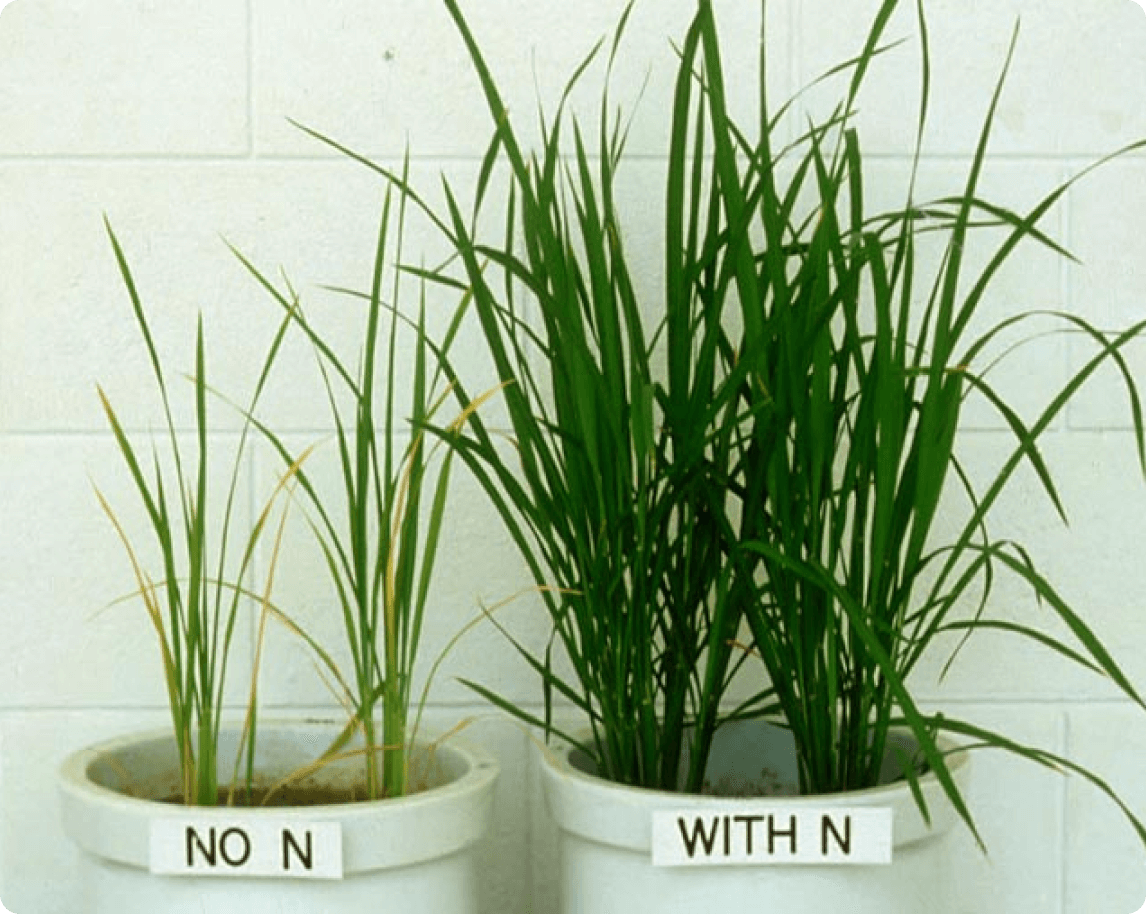
Deficiency Of Nitrogen
- Nitrogen deficient crops are stunted and discolored. Specifically:
- older leaves or whole plants are yellowish green
- old leaves and sometimes all leaves become light green and chlorotic at the tip
- entire field may appear yellowish
Importance Nitrogen
- A major component of chlorophyll, with the help of which plants perform photosynthesis.
- Allows cells (and eventually whole plants) to grow and reproduce
- A significant component of nucleic acids such as DNA
- Allows cells to conserve and release the energy in metabolism.
- A component of energy-transfer compounds, such as ATP (Adenosine Triphosphate).
- A major component of amino acids, the building blocks of proteins.
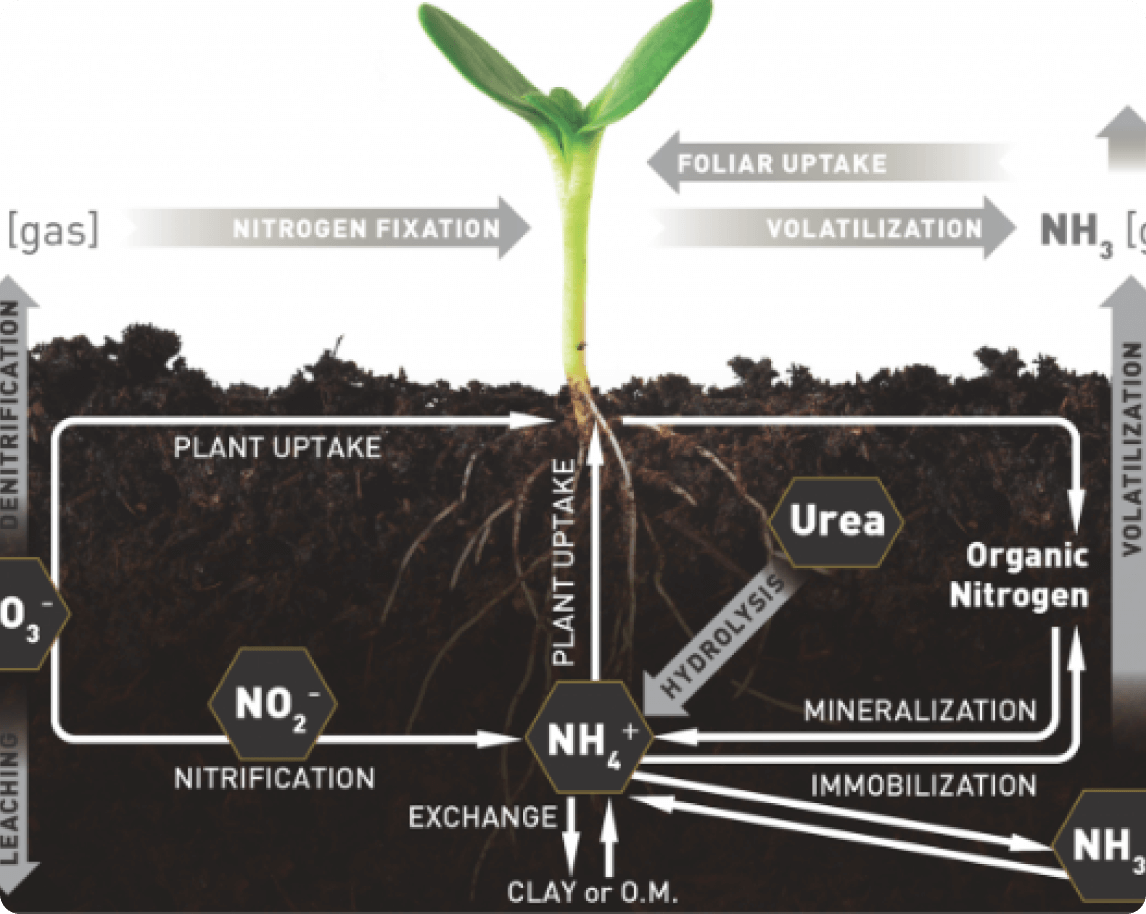
Deficiency Of Phosphorus:
Displays a P deficient corn plant. Older leaves are affected before younger ones because of the redistribution of P in the plant. Corn may display a purple or reddish color on the lower leaves and stems. This condition is associated with accumulation of sugars in P-deficient plants, especially during times of low temperature.
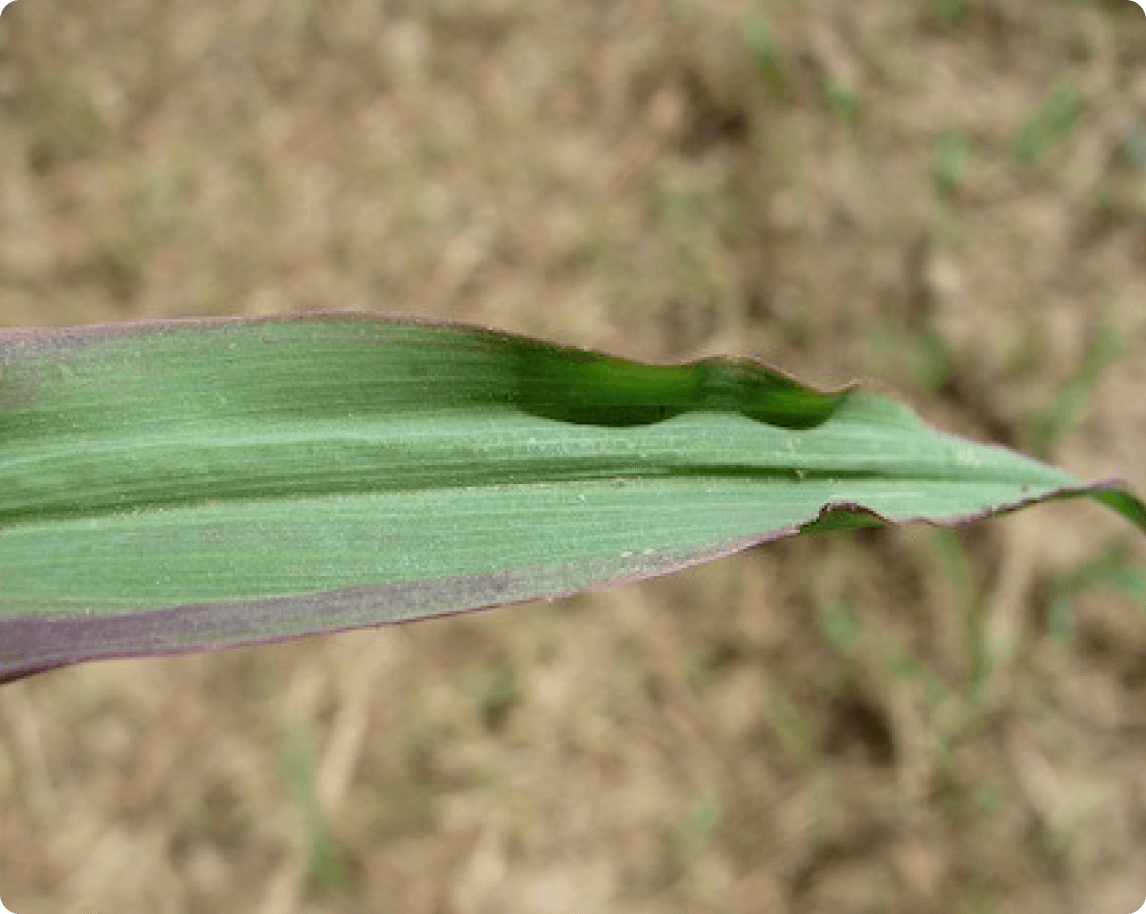
Importance Phosphorus
- Stimulated root development Increased stalk and stem strength
- Improved flower formation and seed production More uniform and earlier crop maturity Increased nitrogen N-fixing capacity of legumes
- Improvements in crop quality
- Increased resistance to plant diseases
- Supports development throughout entire life cycle
Advantages Of N K
- Essential for photosynthesis.
- Advantages Of N K
- Regulates Enzymes.
- Important for starch and protein synthesis.
- Suitable for foliar as well as root application. Vital for Stomatal activity.
- Regulates sugar transport.
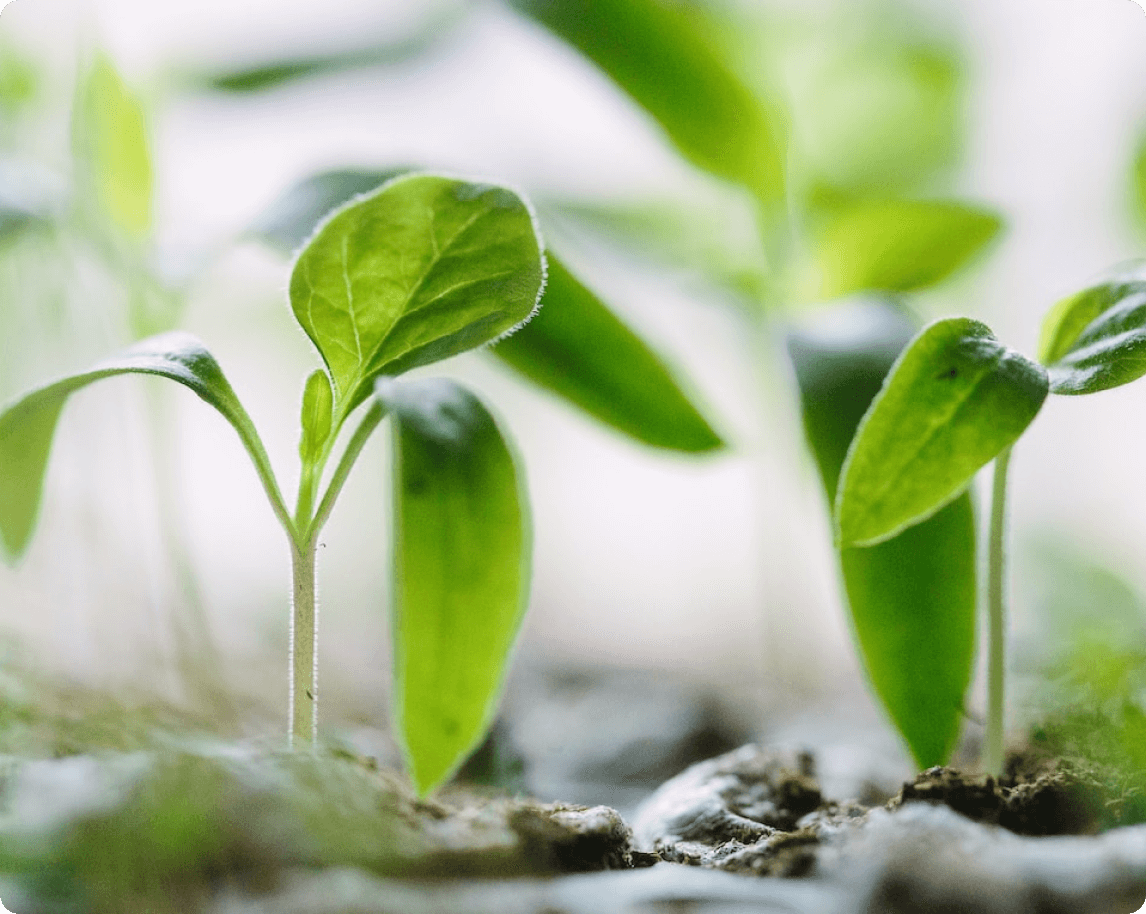
Deficiency Of Potash(N K)
Potash, also known as potassium, is an essential nutrient for plants. It plays a crucial role in plant growth and development, particularly in the activation of enzymes, photosynthesis, and the transport of nutrients and water within the plant. When there is a deficiency of potassium (K) in the soil, it can lead to various symptoms in plants. Here are some small notes on the deficiency of potassium (K) in plants:
- Leaf Yellowing: One of the early signs of potassium deficiency is the yellowing of older leaves, typically starting at the leaf edges and moving inward. This condition is often mistaken for nitrogen deficiency, but potassium deficiency affects the lower leaves first.
- Leaf Browning or Scorching: As the deficiency progresses, the edges of the affected leaves may turn brown and become scorched. This is because potassium is essential for regulating water uptake by the plant. Without enough potassium, water transport becomes irregular, leading to this symptom.
- Weak Stems and Poor Growth: Plants deficient in potassium may have weak stems and exhibit poor overall growth. This can result in stunted plants with reduced flower and fruit production.
- Reduced Disease Resistance: Potassium deficiency weakens a plant’s immune system, making it more susceptible to diseases and pests. Healthy levels of potassium help plants fend off pathogens and pests.
- Fruit and Flower Abnormalities: In fruit-bearing plants, a lack of potassium can lead to malformed fruits and flowers. For example, tomatoes may develop blossom-end rot, where the bottom of the fruit becomes sunken and brown due to calcium uptake issues related to potassium deficiency.
- Poor Nutrient Uptake: Potassium plays a vital role in nutrient uptake by plant roots. A deficiency can disrupt the absorption of other essential nutrients, even if they are present in the soil.
- Increased Sensitivity to Environmental Stress: Potassium-deficient plants are more sensitive to environmental stresses like drought, extreme temperatures, and salinity. Adequate potassium helps plants better tolerate such stressors.
To address potassium deficiency in plants, gardeners and farmers can use potassium-containing fertilizers, such as potassium sulfate or potassium chloride. It’s important to conduct a soil test to determine the extent of the deficiency and the appropriate fertilizer application rate. Additionally, improving soil organic matter and pH levels can help with potassium availability to plants.
Regular monitoring and proper management of potassium levels in the soil are essential for maintaining healthy and productive plants.
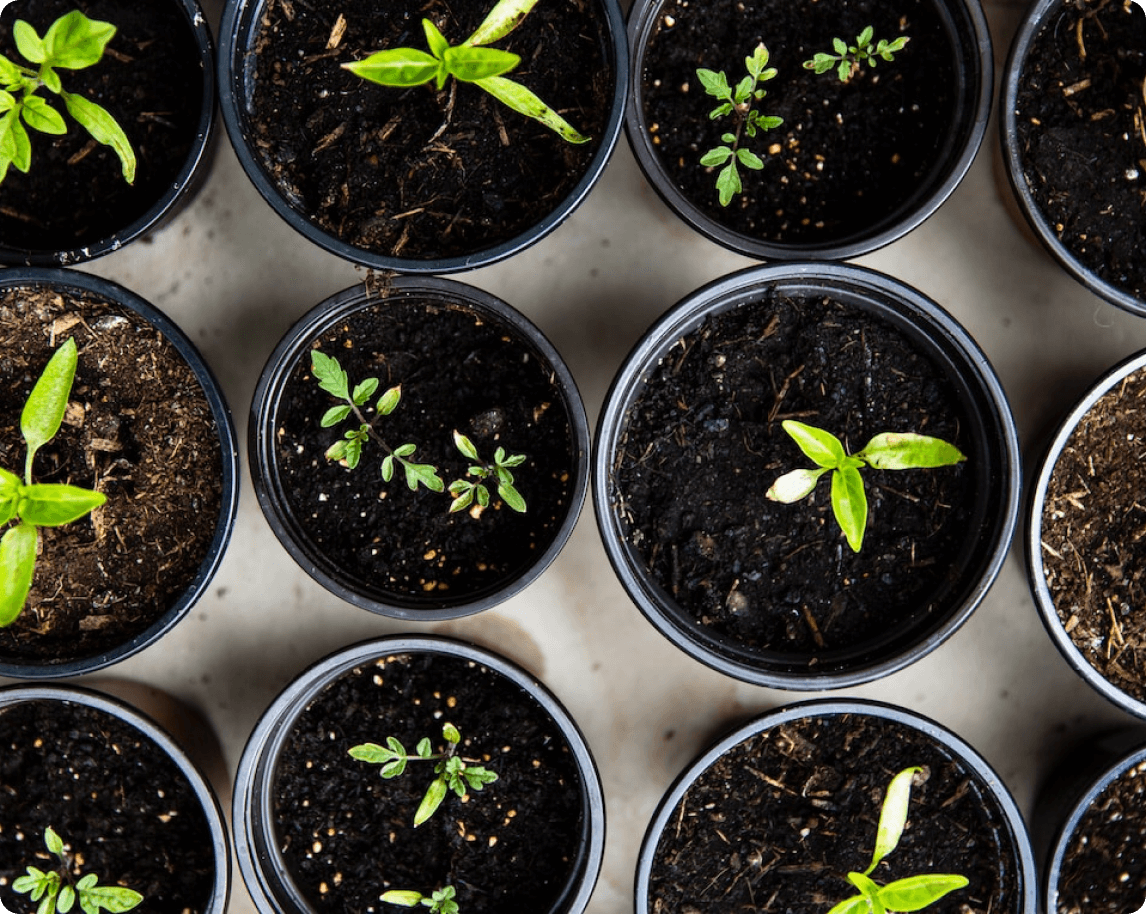
Advantages Of NPK
- Improves cell development.
- Advantages Of NPK
- Aids in initial growth.
- Provides resistance to stress, disease and draught.
- Increases chlorophyll production.
- Accelerates Growth. Cost effective.
Deficiency of NPK
Deficiency of NPK refers to the lack of one or more of the essential macronutrients – nitrogen (N), phosphorus (P), and potassium (K) – in the soil, which can negatively impact plant growth and development. Here’s a small description of the symptoms and effects of NPK deficiency:
N (Nitrogen) Deficiency:
- Symptoms: Plants become pale green or yellow, especially in older leaves. Stunted growth and reduced leaf size may occur.
- Effects: Nitrogen is vital for leaf and stem development and overall plant vigor. Deficiency can lead to poor growth and diminished crop yields.
P (Phosphorus) Deficiency:
- Symptoms: Leaves may turn dark green or develop a purplish tint, particularly in older leaves. Root growth is stunted, and flowering and fruiting may be impaired.
- Effects: Phosphorus is essential for energy transfer within plants, root development, and reproduction. A lack of phosphorus can lead to reduced harvests.
K (Potassium) Deficiency:
- Symptoms: Older leaves exhibit yellowing or browning along the leaf edges (leaf scorch). Stems may weaken, causing lodging, and fruits and flowers may be smaller or deformed.
- Effects: Potassium is crucial for water and nutrient uptake, enzyme activation, and overall plant health. A deficiency can result in reduced crop quality and yield.
To address NPK deficiencies, soil testing is essential to determine nutrient levels accurately. Fertilizers containing the deficient nutrients can be applied in appropriate quantities to restore the nutrient balance. Additionally, maintaining healthy soil with good organic matter content and pH levels can help prevent NPK deficiencies and promote robust plant growth.

